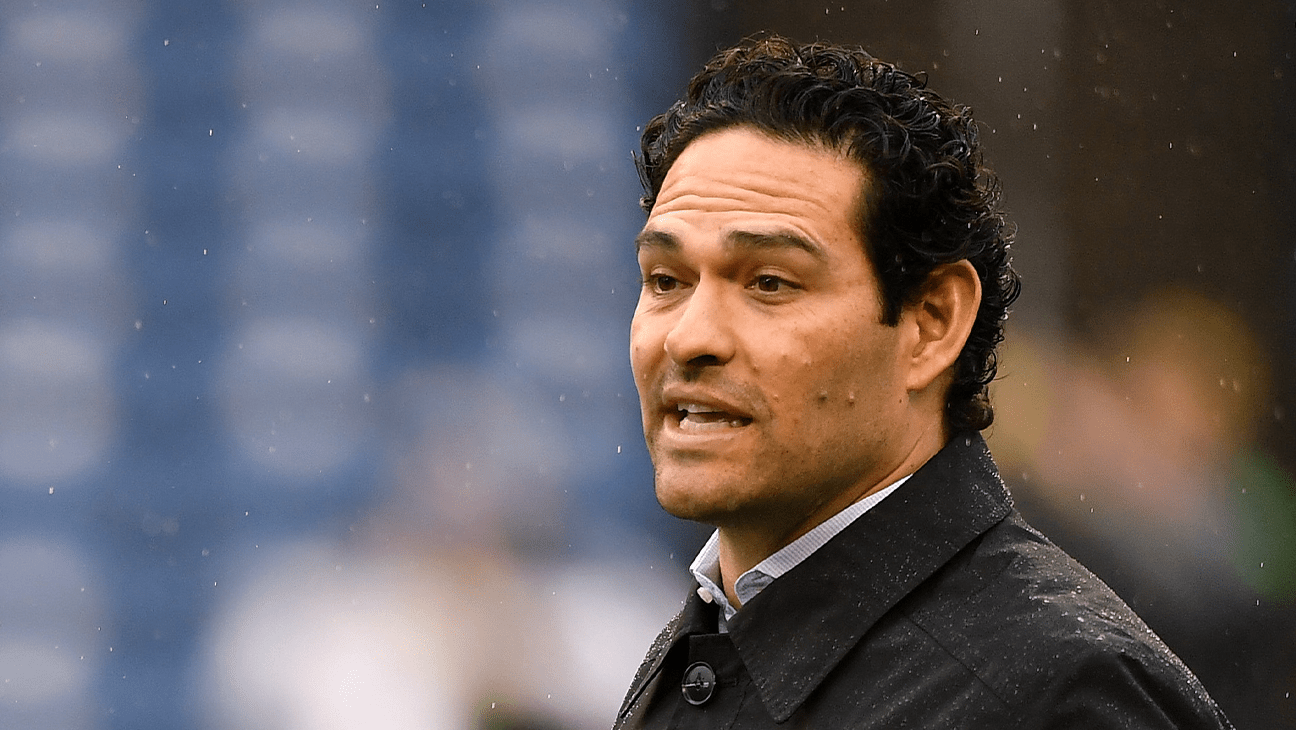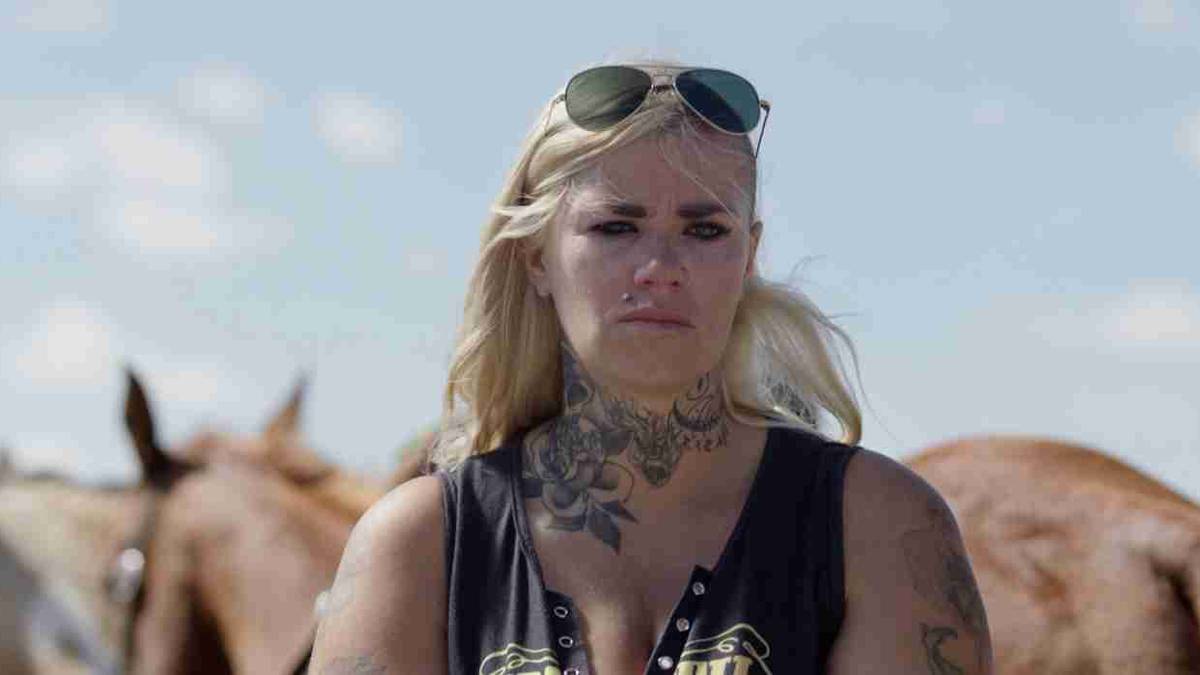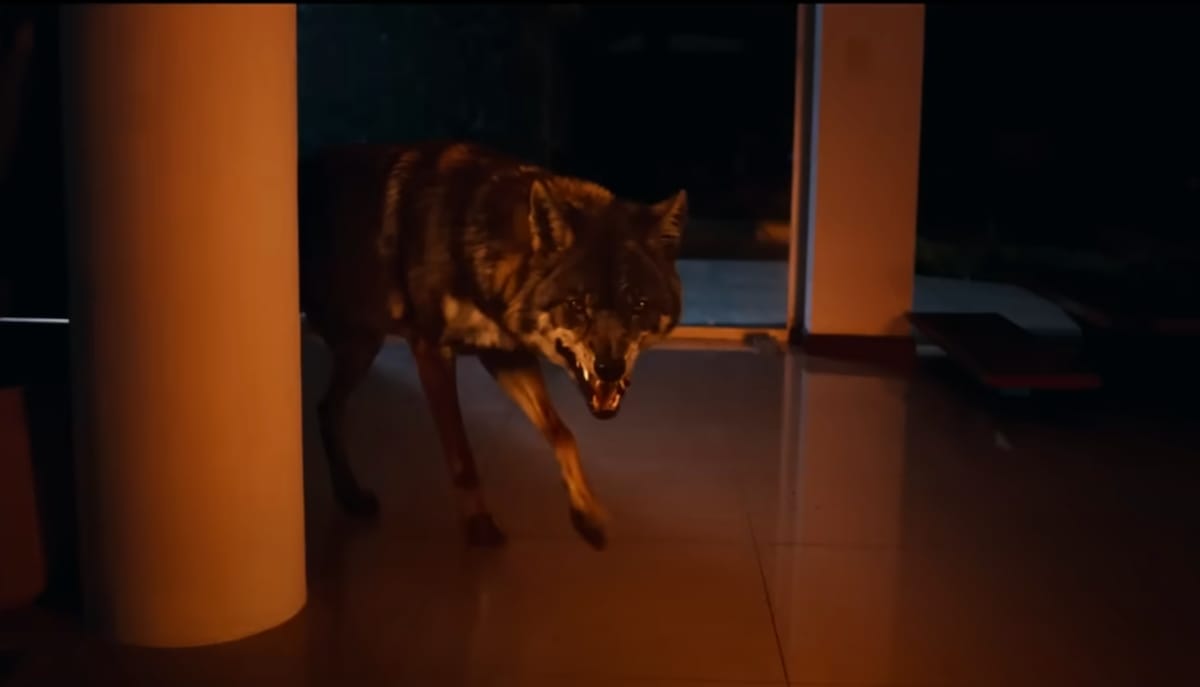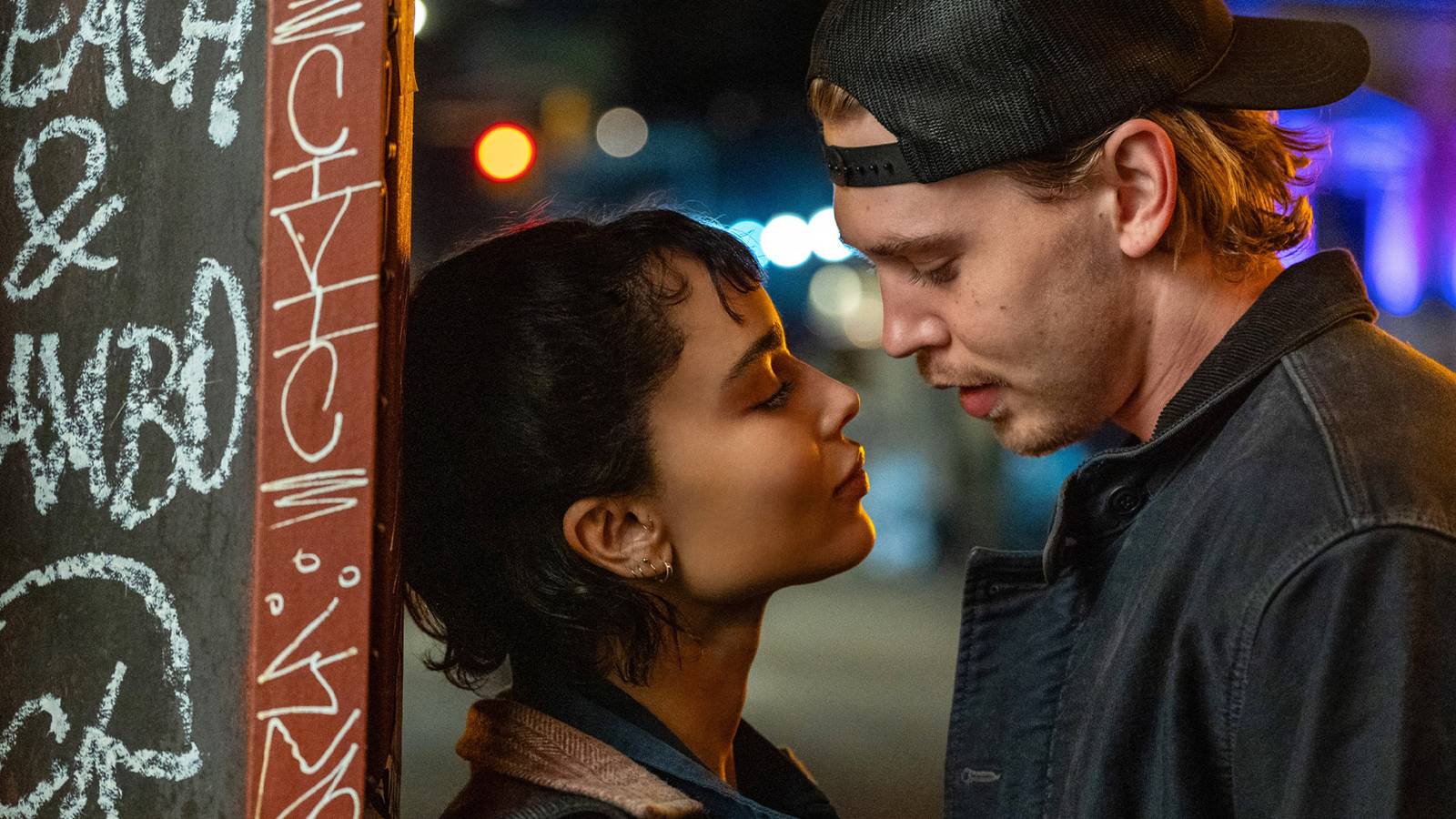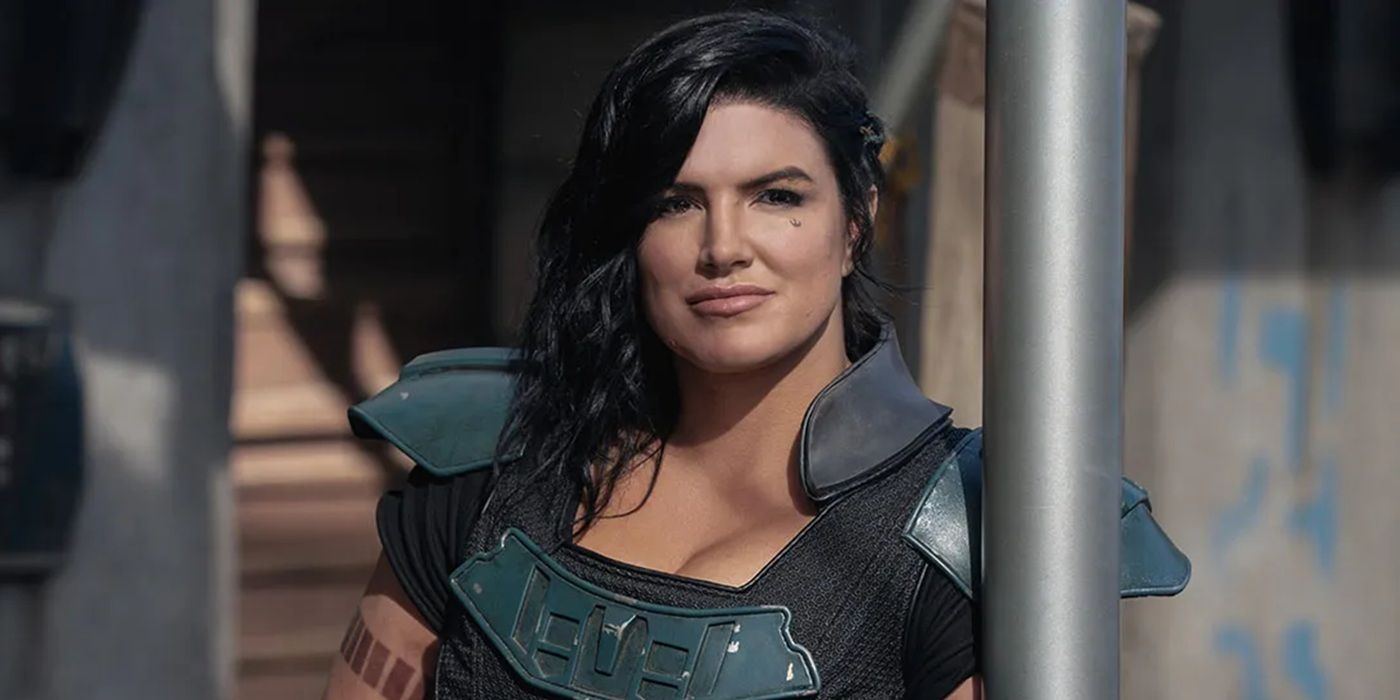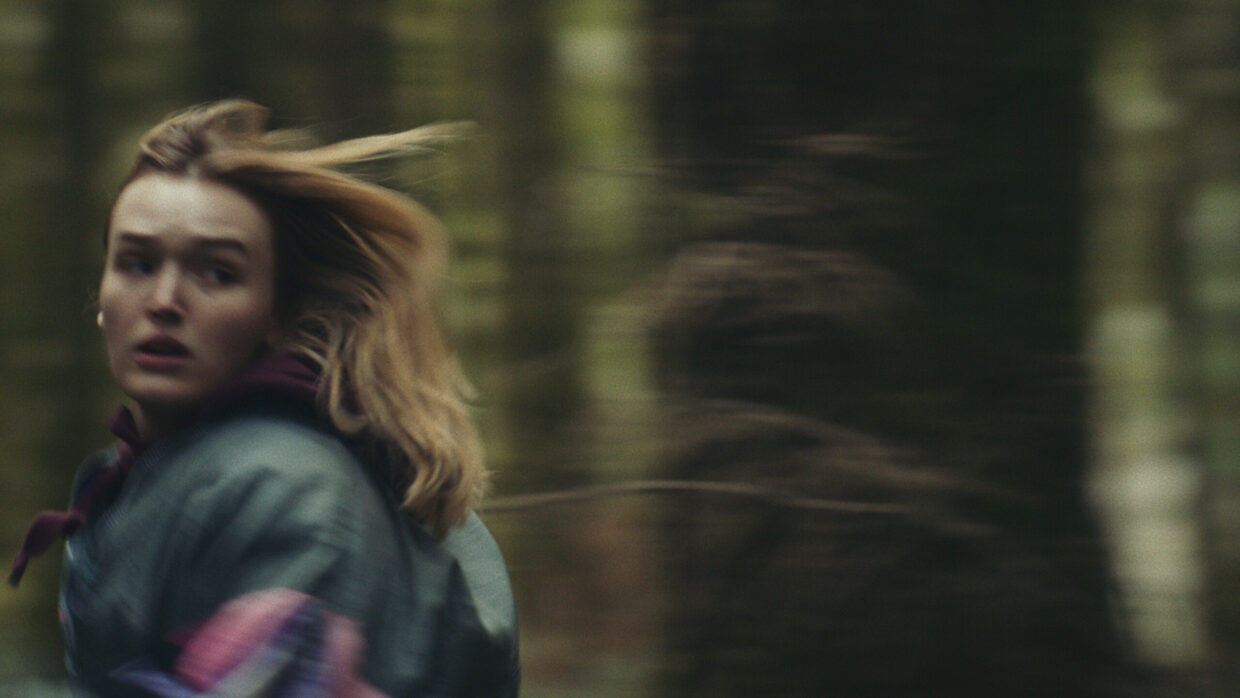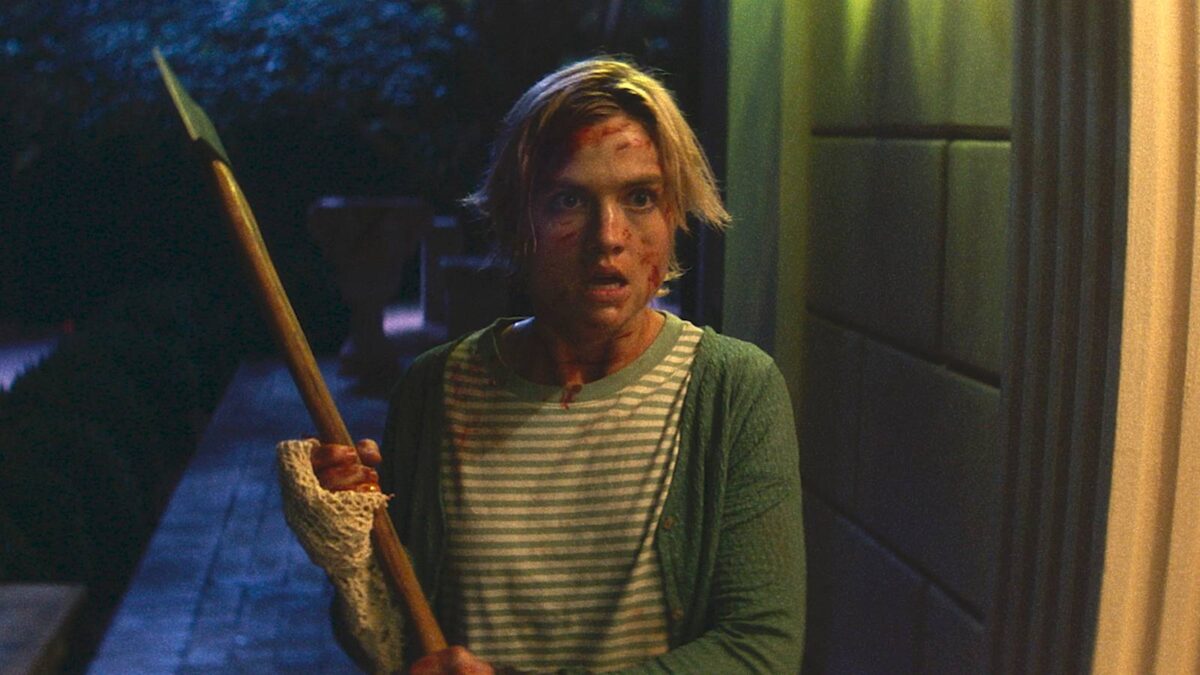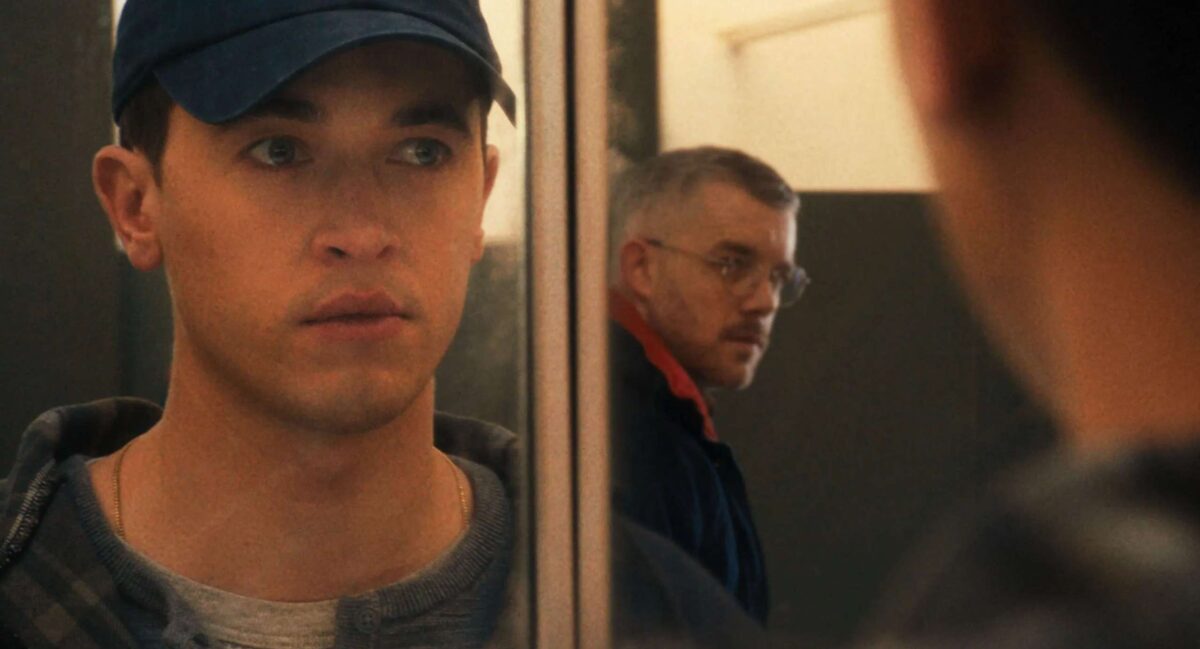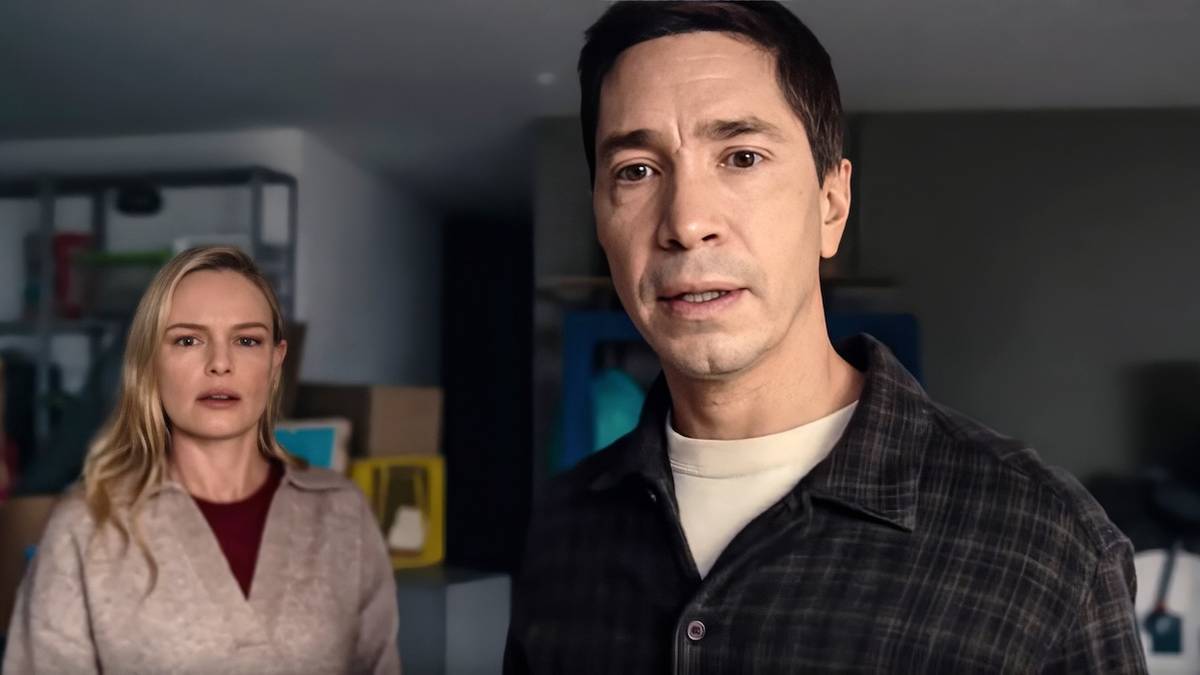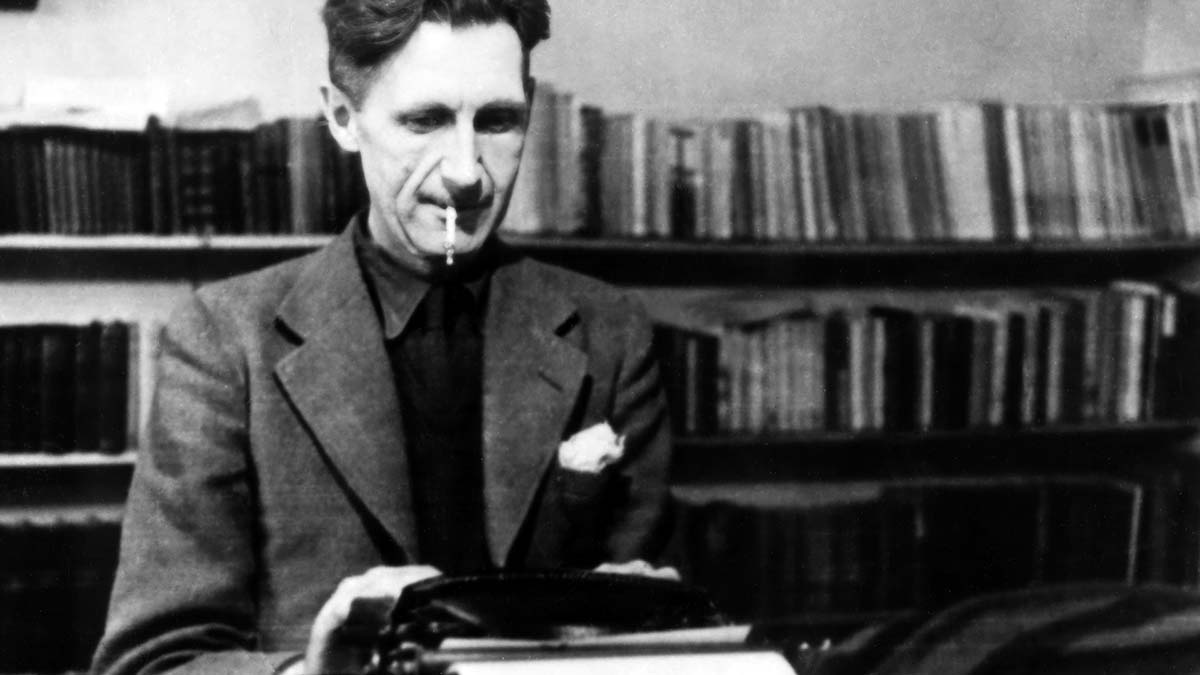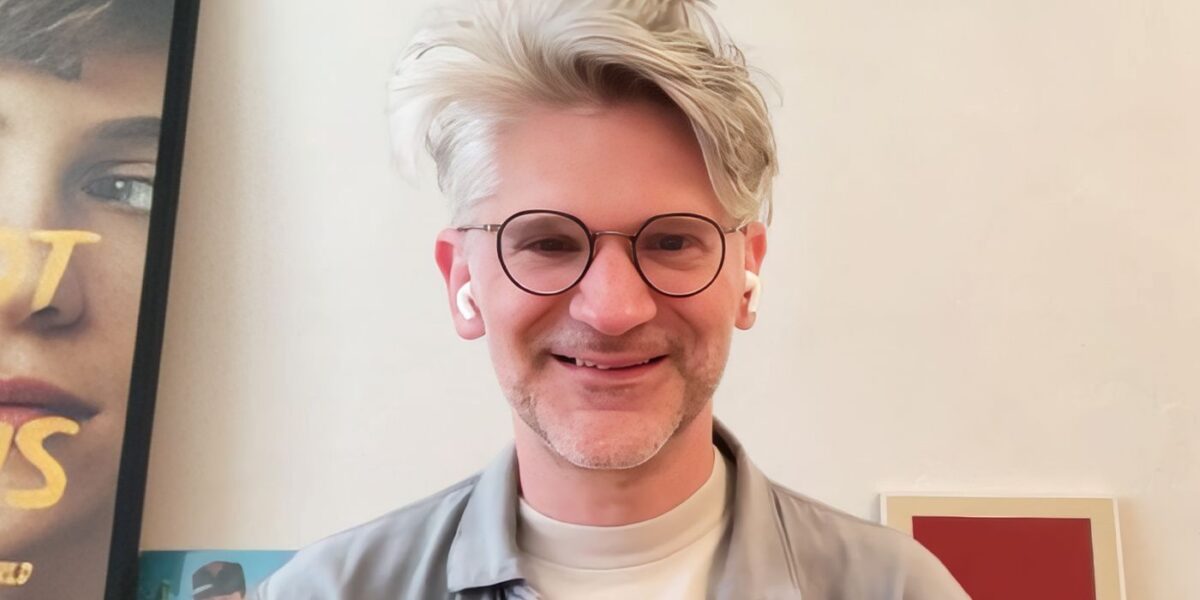
Legends’ Is Its Own Chapter in the Franchise
May 28, 2025
Summary
Jonathan Entwistle chats with Perri Nemiroff about Karate Kid: Legends.
Taking on his first feature directorial debut posed new challenges for Entwistle after years of television.
Entwistle discusses how Jackie Chan’s role grew as the story developed, the film’s relation to Cobra Kai, and more.
The Karate Kid franchise is one of cinema’s most beloved, with the original Robert Mark Kamen martial arts drama becoming staple viewing for a generation. As many franchises do, this unlikely coming-of-age journey seemed to have its day. That is, until a surge in popularity following an unexpected remake, The Karate Kid (2010) starring Jaden Smith and Jackie Chan.
Eight years later, and from the most unlikely of platforms in the long-forgotten YouTube Red, Cobra Kai debuted and breathed new life into the tale of The Karate Kid. Even with Cobra Kai having recently aired its final season, saying goodbye to the dojo with a bittersweet bow, the story is not yet finished. A new feature-length installment, Karate Kid: Legends, is on the way. Against all odds, the newest film is set to tie the original series together with the once-thought-unrelated 2010 remake, with the task placed in the talented hands of director Jonathan Entwistle (The End of the F***king World).
In a conversation with Collider’s Perri Nemiroff, Entwistle discusses the challenges of directing such an important project for generations of fans, especially with this being his feature directorial debut. He also talks about the movie’s connections to the Cobra Kai series, as well as expanding Chan’s role in the movie from the original script, and more.
‘Karate Kid: Legends’ Posed New Challenges for Jonathan Entwistle’s Feature Directorial Debut
“The most important piece of anything theatrical is the audience.”
PERRI NEMIROFF: I’m a big fan of your work in television, but, of course, this marks your feature directorial debut, which is a very big deal. Even with all your TV directing, can you tell me a learning curve you experienced working in the feature format for the first time?
JONATHAN ENTWISTLE: Well, definitely the most important piece of anything theatrical is the audience. It’s not to say that in television, the audience isn’t equally as important, but there’s something special about the experience with a large group of people in one room. So immediately, from day one, even though some of my shows are technically feature film length in their entirety, this was a very, very different approach. I kind of went into it thinking, “Oh, okay. We’re just going to go in the same way as I’ve done before,” because I felt like I was making movies back in the day when I was making TV shows anyway.
So, I arrived on set with my single camera, “Let’s go!” It wasn’t a huge learning curve in the physical approach to it, but it was actually in the delivering of the movie and in the exhibition of it. The theatrical version, the “popcorn element,” basically, is something that is almost impossible to kind of say exactly what it is, but when you sit in this, specifically with this movie, things that wouldn’t work in television absolutely work on the big screen for everybody in the room.
Can you give me a specific example of something that wouldn’t work for television, but would work on the big screen that everyone can look out for in this finished film?
ENTWISTLE: I think it’s the lead-up to the final fight. There’s a sequence in the movie where we very, very quickly allow ourselves to get to the finale of the movie, which is essentially no dialogue for 12 minutes. To buy you the ability to get to a longer, basically martial arts sequence, there is this effect that, on paper, feels like, “Wow, wow, wow! We’re moving at breakneck speed,” but the theatrical experience of the breakneck lead-up is actually something that’s quite interesting.
Image via Sony Pictures Releasing
Across the board, you have an exceptional eye for casting. There are so many people that I’ve been following since the beginning of their careers because your shows introduced me to them. I know that all of these roles are quite different, but are there any shared qualities that you see in your leads across all your projects that signal to you, “Not only will you be good for the role, but you’ll also be good for the way I like to collaborate as a leader on set?”
ENTWISTLE: Well, I think it’s a little bit of both. I am a firm believer in “there’s no such thing as bad acting, just bad casting.” I really believe that. “The right actor for the right role” is perhaps the better way to say that. But I do think that, as a director, I really, really enjoy the craft of what actors do. For me, what I need is someone who knows their lines and shows up with their own thoughts about it and delivers. That helps me with my overall tonal approach to everything.
I don’t know if I specifically go out there hunting. I just know it when I see it. When I saw Ben [Wang]’s tape, I was like, “Well, he’s good!” And the same with, say, Sadie [Stanley], who plays Mia. I saw her tape and I was like, “Yeah, she’s the one. She’s got it.” That’s the thing for me. So, it’s interesting because you see the tape, you see the performance, but then it’s also working with them, bringing their approach. I’m sure the actors might have a different take on my directing style with them because I’m sure I infuriate them, but I do have a certain feeling when I see an actor either in person or on the tape, where I’m like, “Yes! They could work.” Then, I go from there. But I don’t know what the alchemy is.
Jackie Chan’s Role Grew from Script to Screen in ‘Karate Kid: Legends’
“I’ll call it the “Jackie Channess” of the movie.”
Image via Sony Pictures
I want to dig into the story now. I always love hearing about how things can evolve along the way through every single phase of the filmmaking process. Can you tell me the biggest difference between draft one of this screenplay and the finished film everyone’s going to get in theaters?
ENTWISTLE: The very, very original draft of the movie took place across America and was still a bit of an exploration as to how Mr. Han is involved. And I think a really eureka moment for us was: what if we really involve Mr. Han and we lean into the, I’ll call it the “Jackie Chan-ness” of the movie? To me, that was just New York. We have to stay in New York. We have to bring Jackie back to New York and just go to town with what would happen if Jackie Chan came to train you in martial arts in New York. So, that then became this throughline.
We’ve had different iterations of the tournament. What’s the tournament? How does it work? And in the end, we were like, “Let’s go for the big finale. Let’s bring everything together with the cool finale and kind of work our way.” We’ve seen the tournaments, Cobra Kai’s endless tournament, and the original Karate Kids culminate in the tournament. With this, we were like, “Well, we know there’s a tournament. We’re all in. We love this,” and there’s some sweet martial arts in the tournament sequence, but I was like, “Let’s get to the end. Let’s go Lord of the Rings on the end and have a real battle on top of the mountain.” That was my approach to that.
Entwistle Confirms There Are Distinct Differences Between ‘Karate Kid: Legends’ and ‘Cobra Kai’
“This is not a Cobra Kai movie.”
You just brought up Cobra Kai, so I’ll go there because it’s an interesting situation where that show wrapped up so soon before your movie is hitting theaters. I’m curious to hear a little bit about the experience of figuring out how much your movie should connect to that, and feel like it naturally flows from that to your story, and how much you wanted your movie to stand on its own two feet and work for people who have never seen an episode of Cobra Kai.
ENTWISTLE: That’s the most important thing. To make a movie that can fit within a niche IP and appeal to the general audience, I think, is this magic dust, right? That’s the thing that you really want your movies to do — to be enjoyed, to have a solid IP that people can connect with, and then go in there and feel that. We were helped by the fact that the characters we can play with are the motion picture characters. We were helped by that because that then meant that we could make our individual story and cherry-pick from the original movies what pieces we could use.
There are many, many seasons of Cobra Kai. This is not a Cobra Kai movie. It’s within the Karate Kid universe, and it’s got threads of homage to the absolute huge success that that show was for the franchise, but it’s the next piece. Just like Cobra Kai was the next piece to the movies, this is the next piece to the overall franchise. It’s another chapter in the story. It’s another graphic novel in the sequence.
Related
‘Hunger Games: Sunrise on the Reaping’ Adds ‘Karate Kid: Legends’ Star to Prequel
The return to Panem is getting more star-studded by the second.
To play with this idea for fun, if you could direct one scene between Li and a character from Cobra Kai, who would you choose, and how might their interaction go?
ENTWISTLE: I think it’s really interesting because I’ve seen many things online pitting, like, “Is Li Fong going to be able to beat Hawk?” And I was like, “You know what? Let’s just go straight. Let’s just do Robby. Let’s just do Robby, and let’s just go straight to it. I want to see them.” I already know who’s going to win, but that’s what I would want to see. And I would want the interaction to be mean and hard. I want to see some really, really good fights. That’s what I want.
Here’s another character in your movie that I was really eager to ask about. Just tell me absolutely everything about figuring out how to incorporate Wyatt [Oleff] in this film, because I think he might have been one of the biggest surprises for me.
ENTWISTLE: Yeah, exactly. Look, I wrote the character specifically for Wyatt. We were toying with this idea of, like, who helps Li? Who is that kind of, not the sidekick, but the sidekick, in there, and how could that work? I was like, “I know Wyatt’s going to deliver because I’ve worked with him many times.” I was like, “What’s the New York version of the classic sidekick?” And I was like, “Okay, let’s go and build this Alan Fetterman character that can kind of help Li along the way, be the comic relief. And honestly, when we first started to show people the movie, people were like, “Oh my god, Alan is my favorite character!” And he really leaned into that. So, he’s always a pleasure. He’s a real star. And he’s a very, very interesting guy. He can go between all these different characters, but I’m sure he’s annoyed that I always make him play kind of the same character. He’s played so many Stanleys that I almost called him Stanley again. That would have been fun.
Karate Kid: Legends is in theaters now.
Karate Kid: Legends
Release Date
May 30, 2025
Runtime
94 minutes
Director
Jonathan Entwistle
Writers
Rob Lieber
Get Tickets
Publisher: Source link
Erotic Horror Is Long On Innuendo, Short On Climax As It Fails To Deliver On A Promising Premise
Picture this: you splurge on a stunning estate on AirBnB for a romantic weekend with your long-time partner, only for another couple to show up having done the same, on a different app. With the hosts not responding to messages…
Oct 8, 2025
Desire, Duty, and Deception Collide
Carmen Emmi’s Plainclothes is an evocative, bruising romantic thriller that takes place in the shadowy underbelly of 1990s New York, where personal identity collides with institutional control. More than just a story about police work, the film is a taut…
Oct 8, 2025
Real-Life Couple Justin Long and Kate Bosworth Have Tons of Fun in a Creature Feature That Plays It Too Safe
In 2022, Justin Long and Kate Bosworth teamed up for the horror comedy House of Darkness. A year later, the actors got married and are now parents, so it's fun to see them working together again for another outing in…
Oct 6, 2025
Raoul Peck’s Everything Bagel Documentary Puts Too Much In the Author’s Mouth [TIFF]
Everyone has their own George Orwell and tends to think everyone else gets him wrong. As such, making a sprawling quasi-biographical documentary like “Orwell: 2+2=5” is a brave effort bound to exasperate people across the political spectrum. Even so, Raoul…
Oct 6, 2025
